I was going to title this blog Fatigue, but after reviewing it repeatedly, I decided to title it Stamina instead.
It’s a full-time job managing a chronic health issue, even more than that, as you also have to manage it while sleeping. In addition, the odds of managing without experiencing anxiety and depression are against those of us with chronic illnesses.
The ability to manage has a great deal to do with our DNA, I believe. In my case, I know that for sure after investigating mine. Also, I don’t have depression or anxiety, which is a massive bonus.
Despite many professionals insisting I had to be experiencing depression because their medical textbooks said so, I do not experience it – except for the times I was trialling medications.
So how do I negotiate this management while also trying to fight the ongoing inflammatory state, the unwelcome fatigue WHILE pacing up?
I’m exhausted just reading that line… but here are some specifics.
Fatigue
‘Fighting fatigue’ is like trying to avoid something that’s chasing you 24/7.
You get tired and exhausted from most activities when living with chronic illnesses.
My number 1 plan is to ensure I have feel-good things around me every day. By feel good, I mean something that gives me an infusion of happiness, contentedness, calm, comfort, the Mmmmm factor… like a croissant!
(Image: Croissants from Born & Bread Bakehouse in Geelong).
No, I can’t drive to pick up these delicious beauties, so Theo buys them up whenever he goes into town and I freeze them.
To fight fatigue I avoid the activities that impact my body so I miss out on a lot. I sacrifice much pleasure.
Fighting fatigue is hard but pushing through and being fatigued is far harder.
Pressure
There’s so much brain bashing for people living with chronic illnesses. ‘Do this, do that’ and ‘do it this way, do it that way’. All that bogs you down.
I’ve become experienced in making decisions to manage pressure. I established a method to help me dismiss all that.
I don’t listen to any of the ‘you have to exercise and push through to get better’ garbage. I don’t push through anything; I pace it.
Have I tried pushing through? Of course! I tried stretching consistently for a week to ‘push through’ and ‘rise above’… what garbage. I ended up in a three-week flare!
That was years ago. Since then, I have stuck to my method of management.
Balance
Finding balance with all that pressure in mind is hard, so the more rewarding stuff I incorporate into my day, and the more I lessen the aggravating stuff, the better I manage and pace.
The task is twofold; to manage and pace.
Managing
It took me years to get to ‘managing’. Now I have transitioned to pacing. As stated in my previous post, I’m living now. I’m not in a passive state watching and being attacked by an unpleasant experience.
It wasn’t easy getting to the state of ‘management’. There are so many ‘have to’ activities – we can’t avoid these.
When I explain my ‘have to’ activities such as showering, making a coffee, sitting/standing all day, dressing, etc., people look at me bewildered, but you’ll get me.
Until this fight is experienced, one can’t understand that day-to-day activities can strip your energy and count as ‘activity’.
It feels insane when faced with this realisation.
My way
My first specialty is getting dressed for the day, even if I’m going for a walk. Then, I put my trusty all-day shoes on, or I make sure that my shoes are easy to get on and off – hello, shoehorn and zips.
Being well dressed and out walking in the morning might look odd to locals, but I stay focused on not having to change twice, which means I’ve gained some capacity, and I did it my way (sing it, Frank!).
I don’t like to be in casual wear all day because it makes me feel I’m at home and not in the world. And it’s not like I’m going to get hot walking at my pace anyway…
Food is a big part of daily activity, so it’s essential to plan carefully – I gain some great capacity points! So, I:
- Make sure at least 1-2 meals a day don’t rely on Theo having to prepare them. That means these meals have to be simple, and I have to be able to manage them myself.
- Since discovering the elephant in my room, my breakfasts are;
- twice a week, Meredith goat’s feta on an Olina’s seeded cracker,
- twice a week a croissant (not ideal for my diet, but this provides incredible happiness),
- skip one or two brekkies and
- About once or twice a week, Theo will make us scrambled eggs.
I am consistent with my protein smoothy of Coconut yoghurt, blueberries, raspberries, 1/2 a banana, Vit D drops and Green Banana starch and Vanilla protein powders for lunch.
I take herbs and supplements that help my fatigue enormously.
I have a granola mix that I prebake in a big batch (on a good night) as a snack when I need it, or I reach for a boiled egg or a bit of smoked salmon.
The gut/pain relationship is something so overlooked in my 15-year journey. I also wonder about our warming planet – if it is warming, could we be warming?
I am convinced that inflammation, heat, swelling, pressure, flares, etc., are all related and perhaps impacted by what’s going on in the gut… and maybe the planet!
For dinner:
- Theo makes all the dinners (I know, amazing man)
- I help with small tasks like setting the table and tidying up afterwards
- I don’t handle pots/pans or platters, and
- I stack and empty most of the dishwasher.
The other stuff I can do:
- make the bed
- put clothes on to wash
- hang clothes out in small batches on an inside clothes horse
- walk around the corner to our local supermarket for small items
- Occasionally order shopping online – I can now put away most of what arrives, even if that means not moving the shopping bags but going back and forth with individual items – exercise!
The stuff I never do:
- drive
- commute anywhere
- go out much
- do a big shop
- go shopping (buy most of what I need online – refund and return policies are awesome now)
- iron
- only use a cordless vac.
Years ago, I couldn’t do anything without ongoing pain, without bringing on a flare, without eventually having to sleep to manage the activities and without further uncomfortable consequences. I remember a time when lifting a glass of water would set the nervous system off.
No one believed me.
I keep my strict approach as I need to leave capacity for work because I love work. It invigorates and energises me even though it hurts and does cause inflammation (my new fave word) and fatigue. But I feel so great contributing to our livelihoods.
Exercise positively affects my energy and well-being, but I stop exercising for a couple of days if I get the final warning – feeling all-day pain.
Everything counts towards this inflamed body. I can work more and lift more when I don’t exercise for a couple of days. But on the flip side, if I take a break too long, I feel pain and fatigue because I haven’t done anything.
It feels like damned if I do and damned if I don’t, but it’s not; I’ve found a routine with it. And if I don’t tip the scales too far either way, then the gentle left and right seesaw brings on a climb and I begin to pace.
I have managed to get to two short walks a day. So short for me is about 1km. I’ve only just been able to begin incorporating some stairs, and it’s just magic.
Finding relief and the oooh and aaah factor
Creativity feeds me even though it can make me tired and sore. So I alter between writing, drawing and painting. Of course, having such short spurts of time to create isn’t great, but I’ve learned to work with it now.
I feel strength and power from being organised (and get a big fat downer if I’m not!).
The feeling of ‘mess’, disorganisation, and loss of control are significant emotional burdens. I don’t underestimate the way these things impact my mind.
As you know, I use My Health Story to back myself when it comes to health admin. So yes, I use it to tell my story, but it impacts my well-being to know I’m organised and have the info where I need it as I need it. I own the information – not my GP.
And My Health Story is not a burden; I didn’t create it that way. I log in to update any new info and make notes, i.e. Got Covid Apr 2022.
I sometimes look through my story to see what I’m conquering. There is so much information that I forget and so much joy in seeing how far I’ve come.
(Image: My journey timeline in My Health Story)
The summit
It’s a tough gig that everything we do and even consider has to be measured precisely. Step by step, clarifying and coordinating the pros/cons, the pluses/minuses, but it’s a massive part of management. I’ve learned that if I don’t do all this, I’m far worse and I can forget about pacing as I’ll be stuck in a state of survival – that’s like treading water!
So every day, when I consider activities, I constantly ask myself, ‘am I backing myself by doing this? Is this going to make me feel better? Is this going to make me feel worse? Is it worth it?
At the core of my thinking is this guidance:
Q Do the sacrifices make me feel fabulous afterwards? A Yes!
Q If I work at it and sacrifice enough, does it become routine? A Oh yes!
Q If I stick to it, can I achieve more? A Absolutely!
I ramble to myself all day! But right there in that ramble, my friends, is how I have kept my stamina and reached the summit of management and pacing for most of my days.


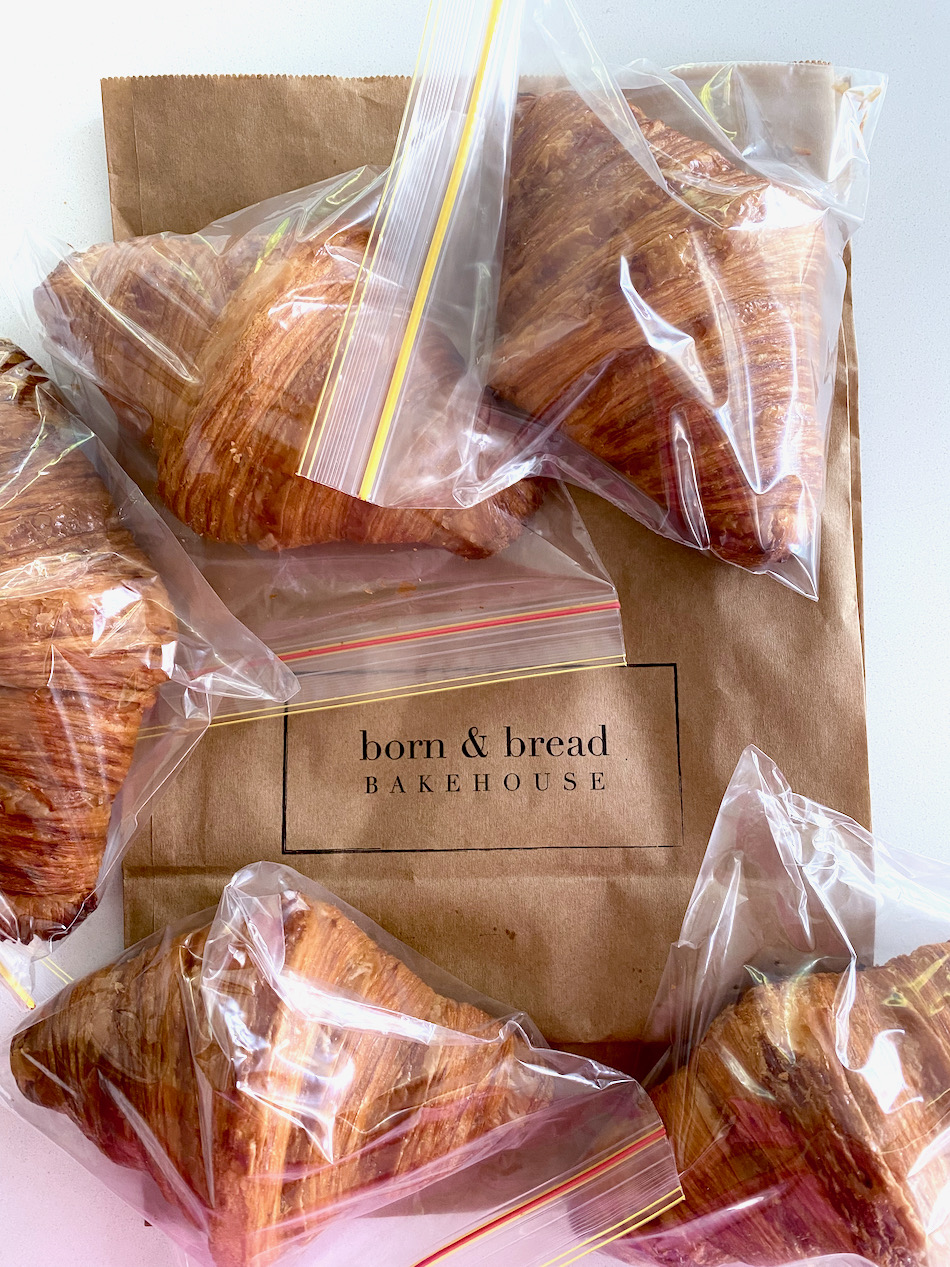
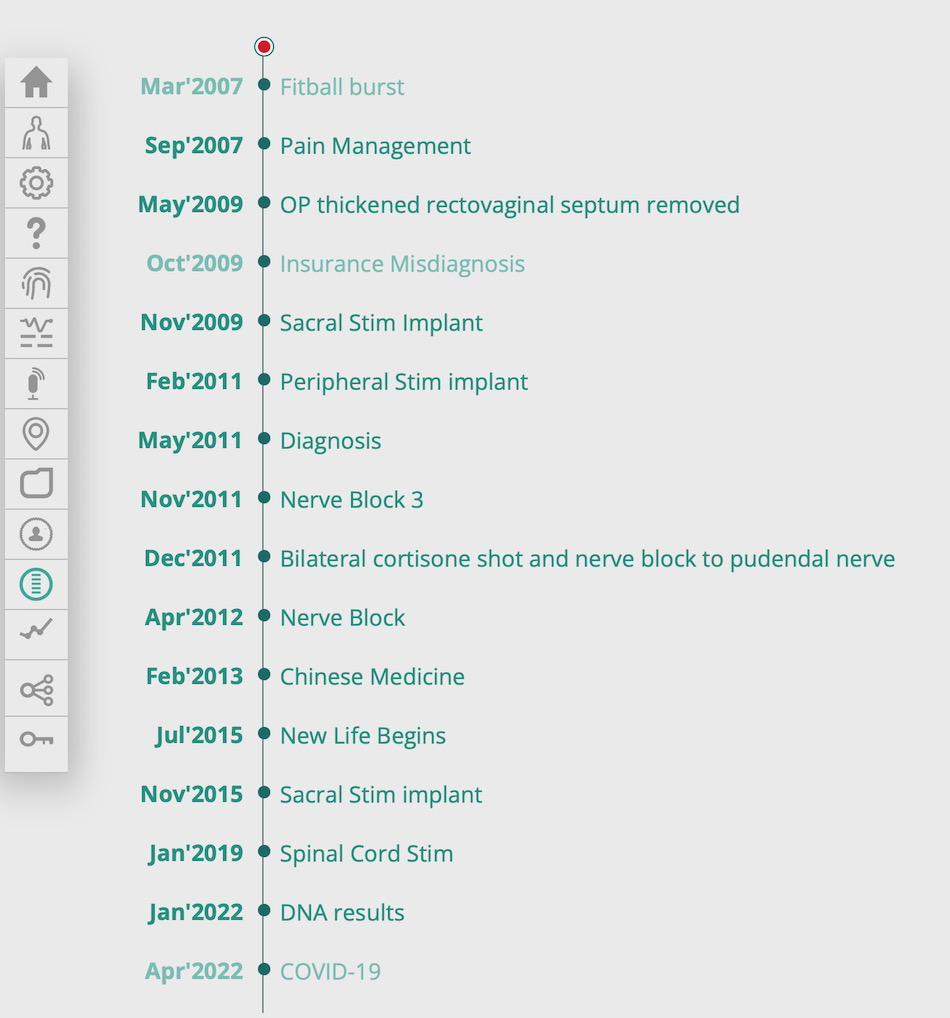


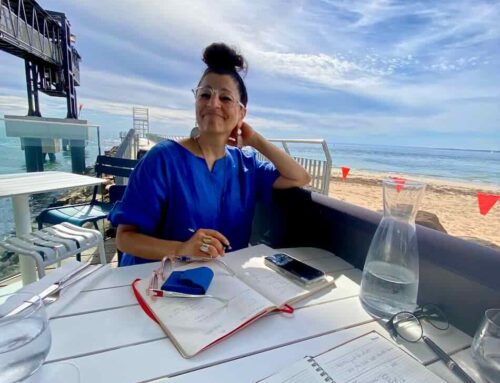
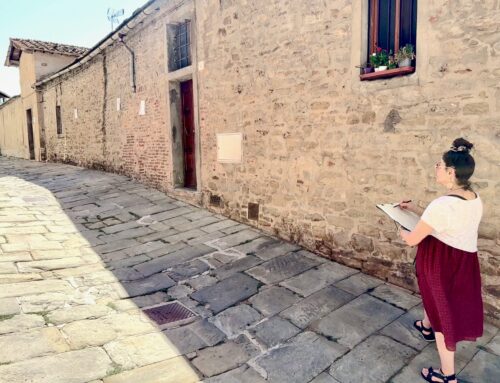
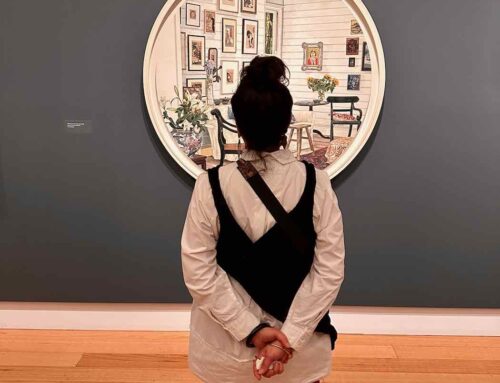
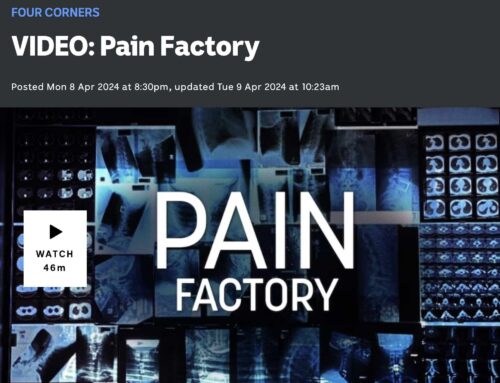
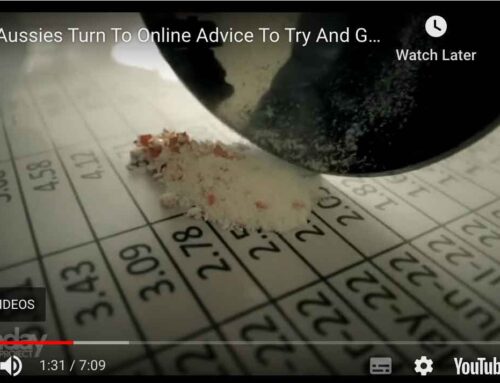
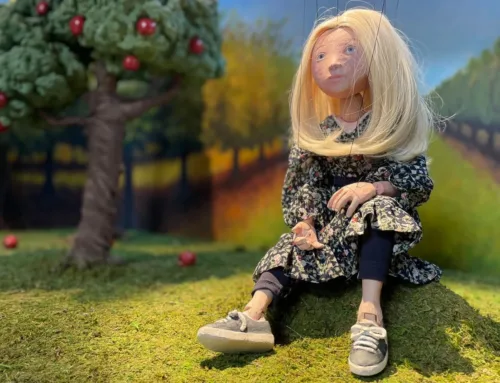
Leave A Comment